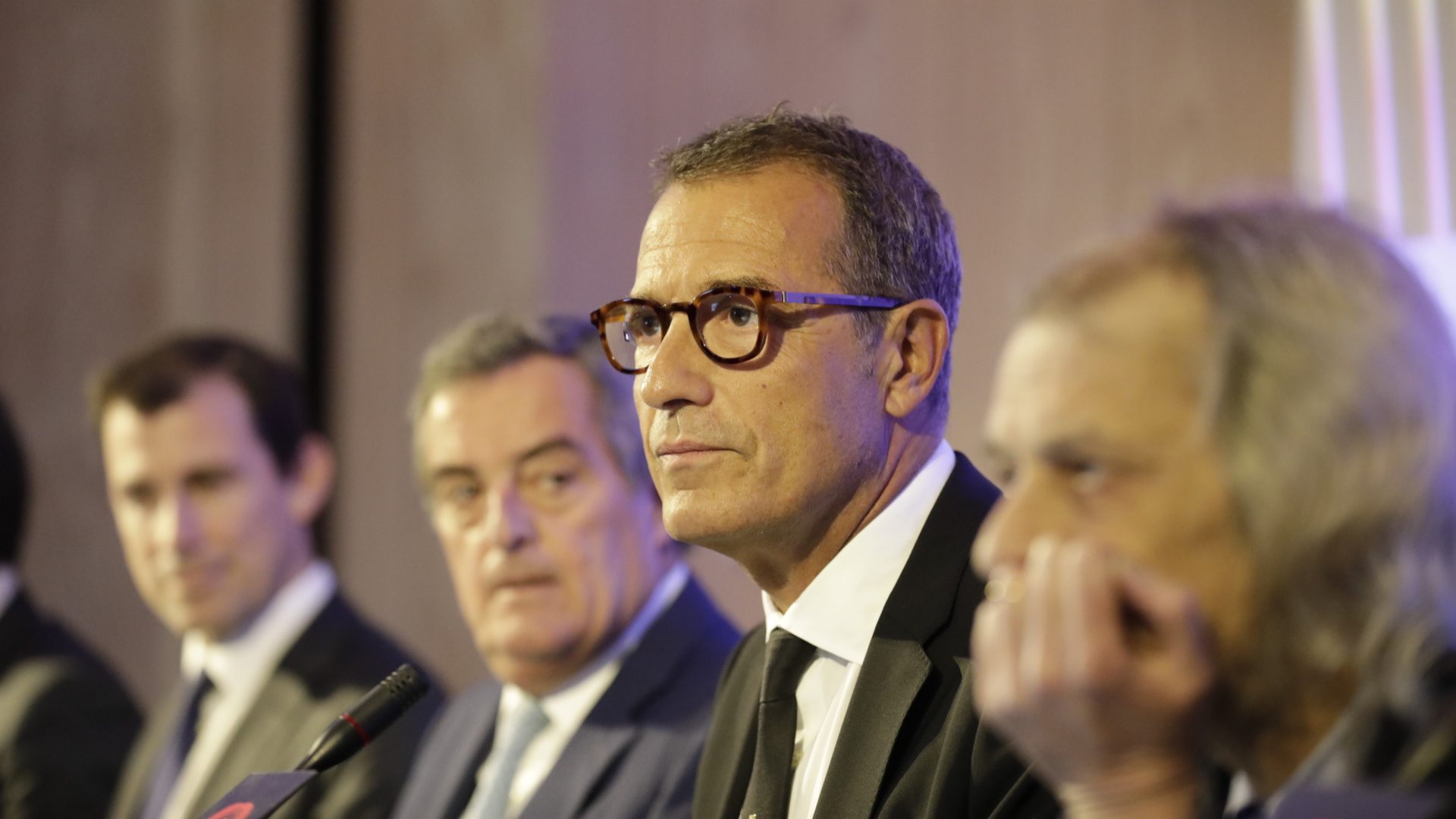Finance Minister’s six key warnings concerning the 2019 State Budget
From professors demands' to retirement plans, Centeno warns about the need for prioritizing sustainability on the formulation of next year's state budget, without any prejudice to last year's budget.
Sustainability was at the center of Centeno’s 2019 State Budget (OE2019) comments. During the next few weeks, the country is discussing the future of OE2019 and Mário Centeno left an advice to his partners who are supporting the measures being planned out by the government in the Parliament. The country has come a long way and these new measures could put the sustainability of the economy in jeopardy.
-
Centeno warns against “piecemeal measures”
During his interview to Público, the Finance minister held his position regarding teacher’s service obligation and showed no support for the salary raise demanded by the civil service. Additionally, he kept his stance regarding retirement plans not agreeing or compromising himself with the discussed additional increases in retirement pensions.
The politician also left quite clear during the interview that he is against the possibility of cutting down on the oil tax (ISP), even if the oil prices have significantly risen in the country, raising concerns in many affected sectors and industries.
When it comes to national health provision, Centeno hasn’t got much to say: he argues that over the last three years he increased budget in the public health sector by €700m, which he deems a considerate amount, that shall improve the health sector substantially. In his opinion, the public health system is going in the right direction.
Regarding investment, the minister considers that it shall continue to increase above GDP growth rate during 2019. Important to note that this is one of the issues the current government has been mostly criticized on – the minister even received accusations that he was compromising the state budget bill to meet deficit targets.
Next year, the government is planning to continue pursuing measures that control public expenditure such as creating considerable cash reserves in relation to GDP.
-
Professors? “Well, the State Budget should help all Portuguese, not just some.”
The Finance minister was quite frank about the professors’ demands. As legitimate as it might be to be asking to work with better conditions, he argued that “the state budget is a much complex issue”, meaning with this that the decisions made in the OE2019 should affect all Portuguese and not benefit a limited specter of society.
He outlined that he doesn’t want to see the sustainability of the whole budget being disrupted by a small proportion of society and to give that much importance to a rather specific issue.
He added that during this year, 46 thousand professors have progressed in their careers, a change that will have a €37m impact on the budget. Accordingly to Centeno, this issue will be given priority again next year, with a prospective sum of €107m to be used in education.
-
Raises in the Civil Service? Sustainability should come first.
On the debate about the raises to the civil servants, Mário Centeno admitted that his government agenda does not entail, definitely, any increase in salaries for this sector. Again, he pointed out the overall importance of drafting sustainable resolutions and hopes that the expenses with the civil service’s staff remain as projected.
Prime-minister António Costa announced that next year 95% of retired people will witness a wage raise in their pensions, without being very reassuring as to whether it is a reflection of an update or an additional increase.
The update, however, according to the finance minister, is the result of a new formula that he considers the greatest achievement of this legislative term.
-
Personal Income Tax (IRS)
Regarding taxes, there will be some news. Accordingly to the finance minister, a second stage of amendments to the IRS will be applied in the OE2019, aiming at a more even distribution of the tax among different taxpayer classes. These measurements will represent a added cost of €155m to the government. Last year, the number of different taxpayer classes (levels) increased from five to seven, a measure that helped 1.6 million households.
-
Centeno wants no changes to the ISP
PCP joined BE and PS to reject the proposition on the additional cuts to the ISP at the Parliament. When questioned about the issue being addressed in the OE2019, the Finance minister said he didn’t agree with eliminating the tax, as the oil prices now are higher, underlining that budget policy-making isn’t supposed to follow that logic.
-
A note to the “Geringonça” government
After his recommendation against the piecemeal measures, Mário Centeno also advised his political peers that have been supporting the Geringonça at the Parliament that “we all have much ambition, but one should be wise to know when ambition is making us overlook our abilities, as that is a perfect recipe for failure“, adding “the government should continue drafting resolutions that are sustainable for the future of the Portuguese people.”




